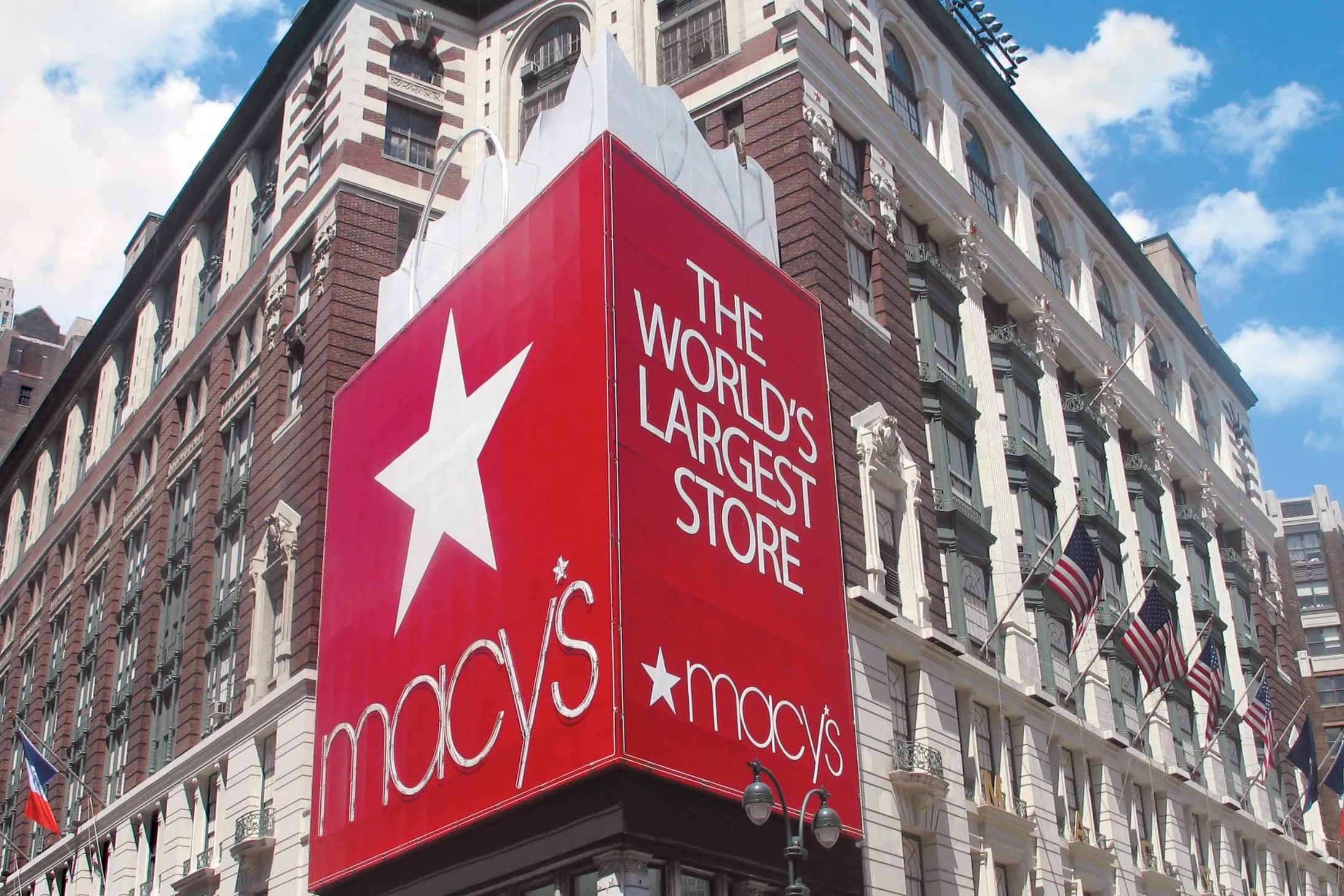Consumer spending shifts impact the iconic department store’s sales performance
Macy’s Inc. reported comparable sales that met analyst projections, yet the figures have declined since last year, pointing towards a change in department store consumer behavior.
Although US consumers continue to prioritize necessities from stores like Walmart Inc. and spend on travel and leisure, expenditure on clothing and accessories has decreased since the pandemic peak.
Macy’s CEO, Jeff Gennette, mentioned that specific promotions were employed to clear out seasonal items. “We continue to see uncertainty in the macroeconomic environment,” Gennette stated.
The second quarter showcased a decline in sales for Macy’s brand by 9.2 percent, while Bloomingdale’s saw a 2.7 percent drop. Conversely, Bluemercury experienced a 5.8 percent increase. While segments like active and casual wear faced challenges for Macy’s, beauty products performed well across all three brands.
As of Monday, Macy’s shares have dipped by over 28 percent this year, with an 11 percent decrease observed at 11:36 a.m. in New York recently.
Adjusted earnings per share were recorded at 26 cents, in contrast to the anticipated 13 cents by analysts. Due to markdowns for inventory clearance, the gross margin stood at 38.1 percent, showing a decline from the last quarter, as reported by the company.
CFO Adrian Mitchell highlighted an accelerated rate of credit card delinquencies in the recent quarter, especially in June and July. The surge in bad debt since the first quarter surpassed expectations.
Before the earnings announcement, Goldman Sachs added Macy’s to their “conviction list,” projecting promising performance due to Macy’s sound financial standing, the introduction of private labels, and the strategy to develop small stores. Macy’s also revealed plans to open four new compact-format stores in the US this fall.
However, the tangible outcomes from these strategic efforts might require time, as Macy’s grapples with challenges such as ending student loan forbearance and a gradual move away from traditional department store shopping.
This month, luxury retail entities Tapestry Inc. and Capri Holdings Ltd. also reported sales downturns in the recent quarter, reflecting a softened consumer demand across various regions.
